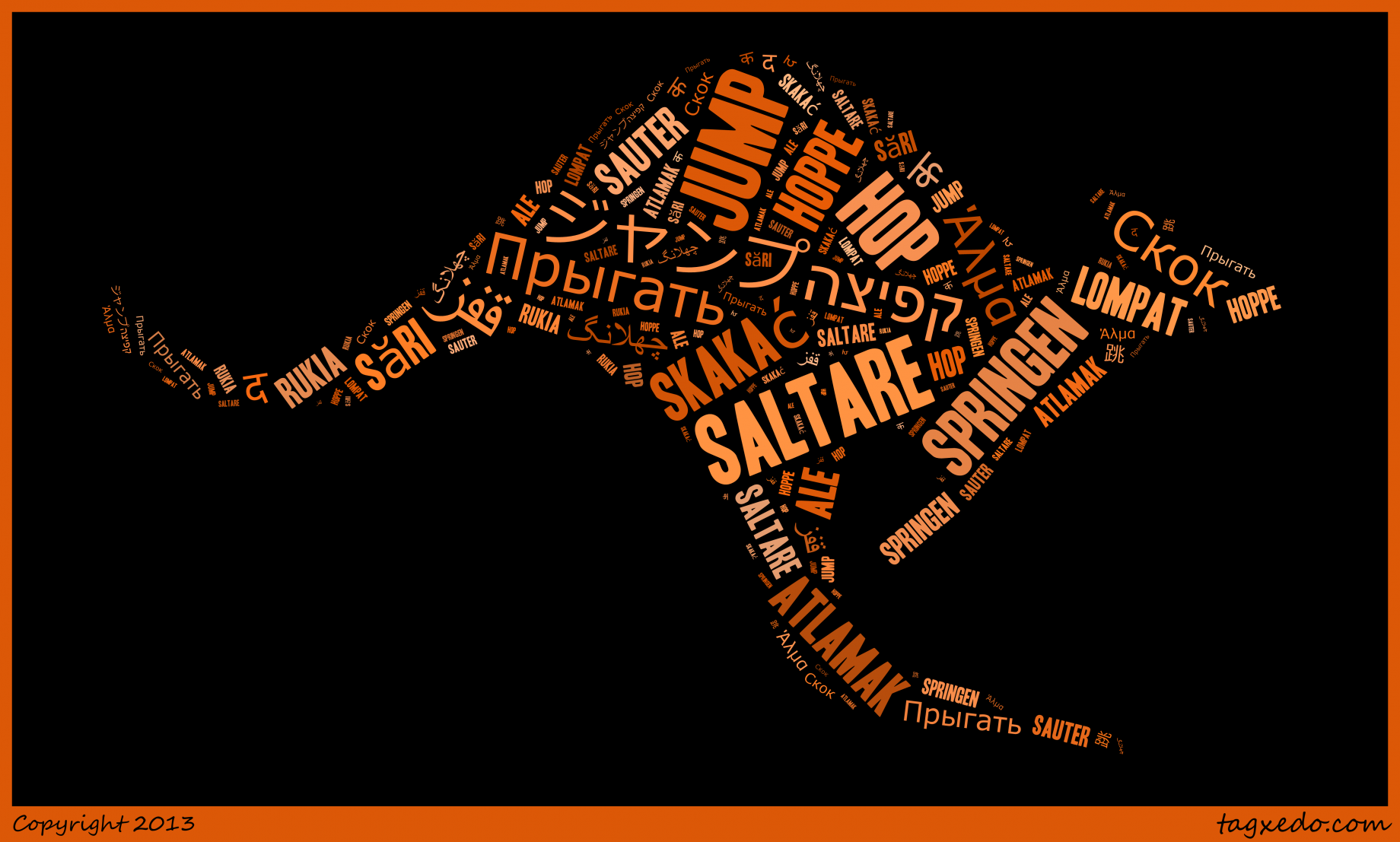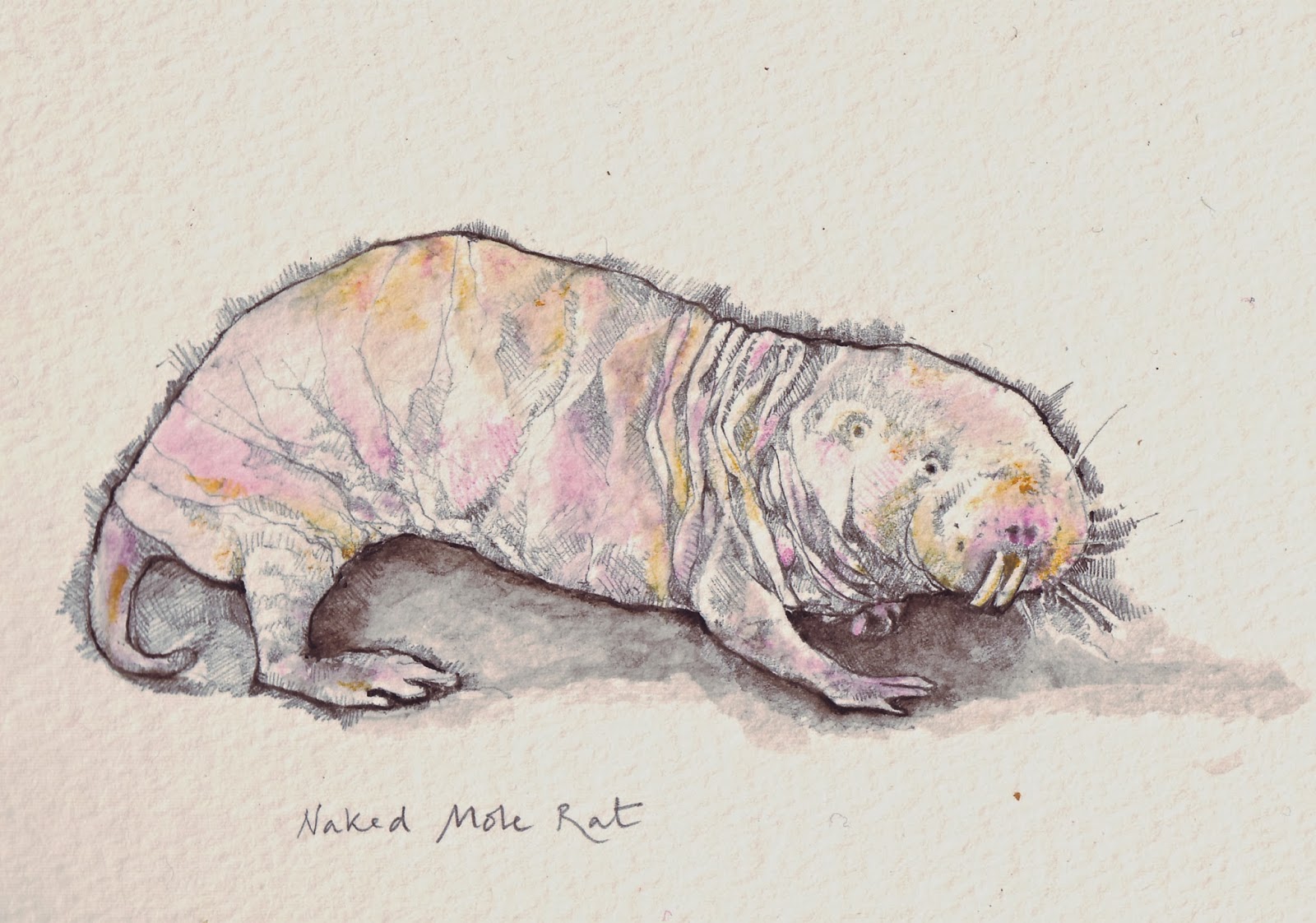‘Do you speak English?’
For British and American girls who travel to a different country, that question is often the first sentence we learn.
‘Sprechen Sie Englisch’
‘Parlez-vous Anglais’
‘habla usted Inglés’
‘Вы говорите по-английски’
‘您说英语吗’
What is it like for the estimated two thirds of the world’s population who speak at least two languages? The people who we refer to as ‘bilingual’, if they speak two languages, and sometimes as ‘multilingual’, if they speak more than two languages.
The researcher and writer David Crystal estimates that of the approximately 570 million people in the world who speak English, over 41% are bilingual in English and some other language.
Today’s contributor knows all about speaking more than one language.




